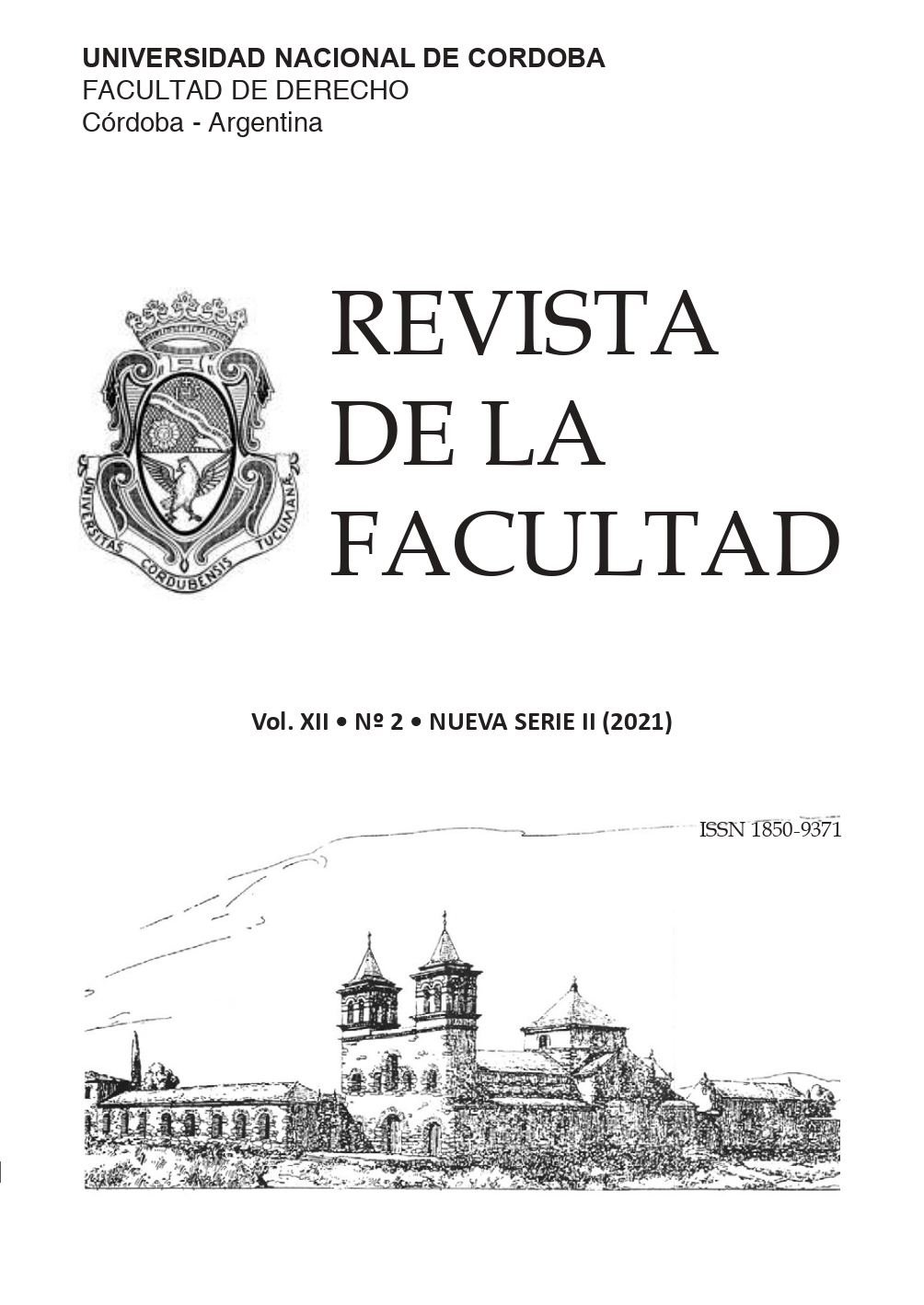CONSERVATIVE POLITICS IN THE FACE OF THE DEMOCRATIC EXPANSION OF THE ARGENTINE CONGRESS: ADVANCES AND STAG- NATION IN THE FACE OF THE ELECTORAL REFORM OF 1912
DOI:
https://doi.org/10.31054/2314.3061.v12.n2.43019Keywords:
Oligarchical regime, Argentine Congress, Saenz Peña Law, Constitutional system, Electoral systemsAbstract
In the analysis of the application of the Saenz Peña Act, during the second decade of the 20th century in Argentina, it is pertinent to address two aspects that are of special importance from the point of view of democratic expansion: a) the legal and historical context of the bicameral system, with the Senate as the axis of reluctance to the policies proposed by the transition; and b) the modifications conducted to the electoral system applicable to the desig-
nation of national deputies. A congenital limitation of the reform is observed this way, which part not only of the Constitutional scheme - which defines the
composition of the Senate - but also in the narrowness of the new system in its configuration of the pluralistic democracy. In this sense, the slogan to give rise to “third parties”, i.e., to parliamentary alternatives by outside the conservatism
and of the radicalism, will be restricted not only in the terms of the project of Indalecio Gomez, but also actually institutional praxis that will happen with the assumption of Yrigoyen like president.
Additional Files
Published
Issue
Section
License
Copyright (c) 2023 Facultad de Derecho. Universidad Nacional de Córdoba

This work is licensed under a Creative Commons Attribution-NonCommercial-NoDerivatives 4.0 International License.
La publicación del artículo implica la donación de los derechos de autor a la Facultad de Derecho, conservando el autor su derecho a utilizar el artículo en publicaciones de su autoría o páginas web referidas a su trayectoria. Para el caso de otro tipo de publicaciones, antes de su utilización, deberá obtener autorización de la facultad.


